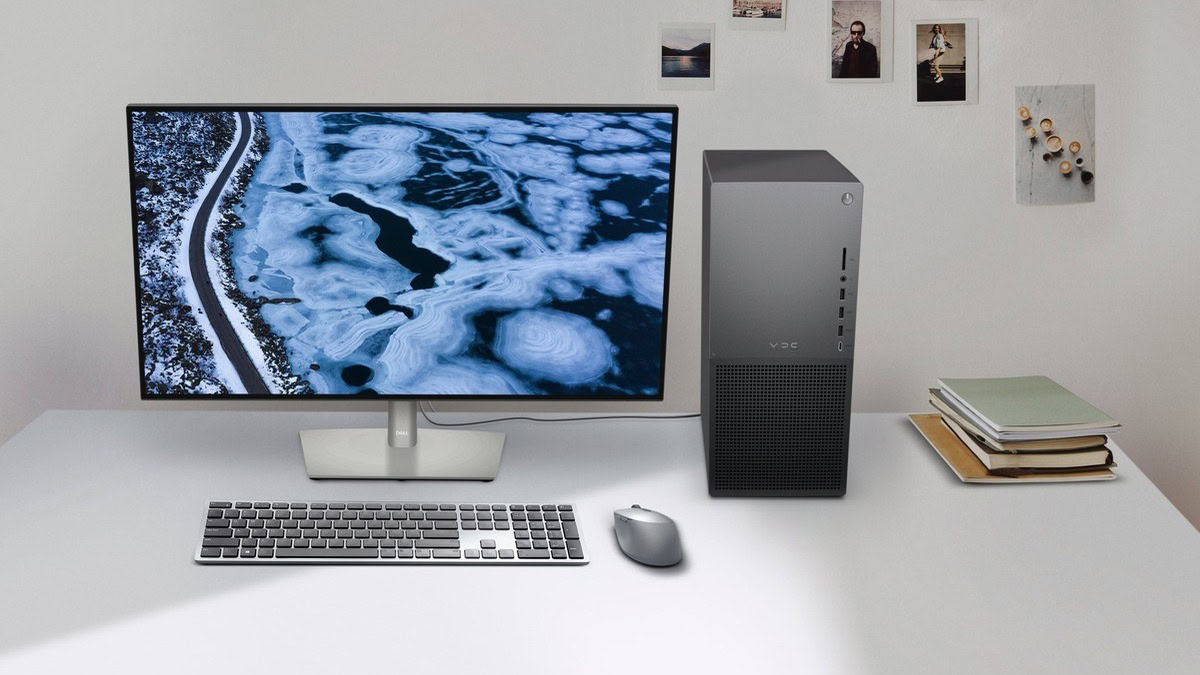Experiencing random restarts on your Windows PC can be a major inconvenience, and the potential loss of data can be devastating. In this article, we will dive into the possible causes of these restarts and provide solutions to fix them.
One of the main culprits behind random restarts is power delivery issues. Insufficient power supply from the PSU or power surges can both contribute to unexpected restarts. Additionally, overheating can also cause your PC to shut down or initiate a restart. This is especially common in high-end gaming PCs, but can also affect less powerful machines with inadequate ventilation, particularly in hot climates.
Another possible cause of random restarts is software glitches. While complete restarts due to bugs are rare, they can still occur, especially in older versions of Windows. However, Microsoft has made efforts to minimize this issue. Lastly, hardware defects can develop over time, leading to system failures and restarts. Although this is more likely to happen after several years of use, it’s always important to keep an eye on your computer’s components.
Although less common, malware can also be a potential cause of random restarts. Hackers might target your PC to hold your data ransom or simply cause chaos. While this is the least likely cause, it’s still important to consider.
To effectively solve the issue of random restarts, it is necessary to systematically eliminate potential causes. Here is a checklist to help you troubleshoot and fix the problem:
1. Check your power supply and connections. Ensure that all cords are securely connected and that no dust is impeding the flow of electricity. Additionally, verify that your PSU can handle the wattage requirements of your PC components.
2. Keep an eye on your PC’s temperature and improve cooling if necessary. Use tools like Windows Task Manager to monitor temperatures and ensure that your computer is clean and properly ventilated. Using external fans or upgrading to liquid cooling can also help in overheating situations.
3. Stay up to date with software updates. It is important to update not only Windows but also any specific applications or drivers, such as graphics drivers from AMD or NVIDIA.
4. Run a malware scan using reputable tools like Windows Security or Malwarebytes. Additionally, enable Windows Security’s firewall and real-time protection options if they were previously turned off.
5. If you recently installed any new apps or hardware, consider uninstalling them to determine if they are causing the restarts. This step is not applicable if you have a brand new PC.
6. If previous steps haven’t resolved the issue, open up your PC to inspect for any physical damage. If you’re not skilled in PC repair, it may be necessary to purchase replacement parts or even consider getting a new computer.
7. In persistent cases, consider resetting or reinstalling Windows. A reset will preserve some files and settings, while a complete reinstall might be necessary in extreme situations. Remember to back up important files to the cloud or an external drive before performing these actions.
By following these steps, you can hopefully identify and solve the problem of random restarts on your Windows PC. Remember to always prioritize data backup and maintenance to prevent future issues.
Denial of responsibility! TechCodex is an automatic aggregator of the all world’s media. In each content, the hyperlink to the primary source is specified. All trademarks belong to their rightful owners, and all materials to their authors. For any complaint, please reach us at – [email protected]. We will take necessary action within 24 hours.
Alex Smith is a writer and editor with over 10 years of experience. He has written extensively on a variety of topics, including technology, business, and personal finance. His work has been published in a number of magazines and newspapers, and he is also the author of two books. Alex is passionate about helping people learn and grow, and he believes that writing is a powerful tool for communication and understanding.


